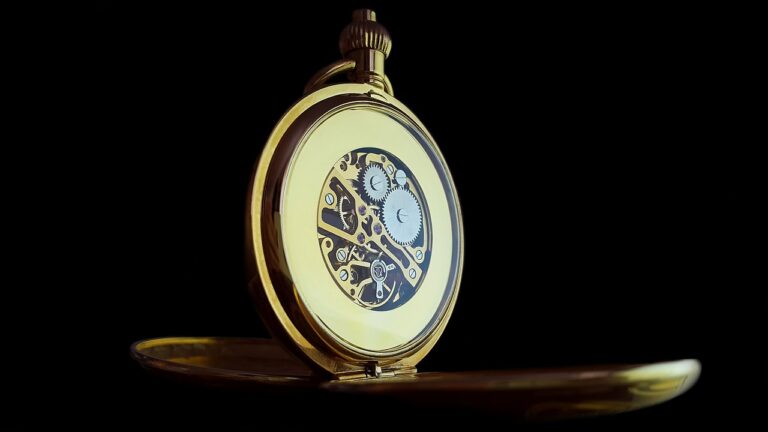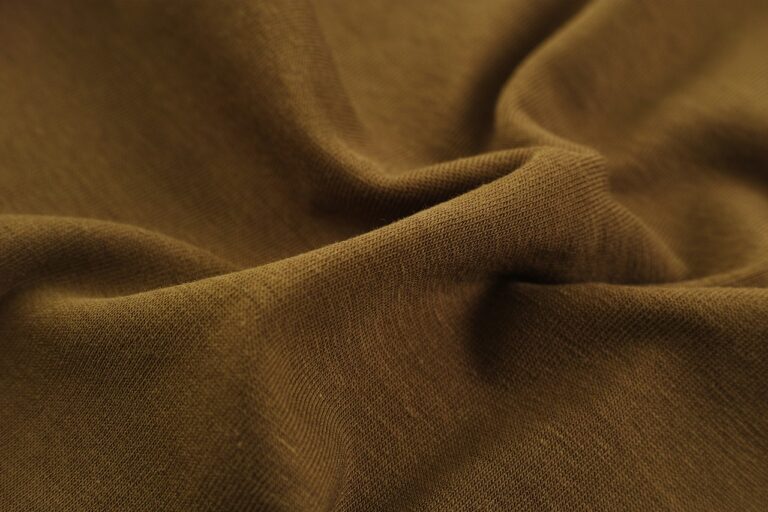Fashion and Sustainability: Innovations in Vegan Leather: 11xplay reddy login password, King 567, Skyinplay live login
11xplay reddy login password, king 567, skyinplay live login: Fashion and Sustainability: Innovations in Vegan Leather
Every year, the fashion industry churns out millions of tons of waste and pollution, making it one of the most environmentally damaging industries in the world. However, in recent years, there has been a growing awareness and commitment to sustainable practices in fashion. One area where significant progress has been made is in the development of vegan leather alternatives.
Vegan leather, also known as faux leather, is a cruelty-free and environmentally friendly alternative to traditional leather, which is typically made from animal hides. In recent years, there has been a surge in innovation in the field of vegan leather, with designers and scientists exploring new materials and production methods to create high-quality, sustainable alternatives. In this article, we will explore some of the latest innovations in vegan leather and how they are shaping the future of sustainable fashion.
What is Vegan Leather?
Vegan leather is a term used to describe any material that mimics the look and feel of traditional leather but is made without using any animal products. There are many different types of vegan leather available, including materials made from plants, synthetic fibers, and recycled materials. Some of the most common materials used to make vegan leather include polyurethane (PU), polyvinyl chloride (PVC), cork, pineapple leaf fiber (Pix), and apple leather.
In recent years, the quality and durability of vegan leather have improved significantly, making it a popular choice among designers and consumers looking for cruelty-free and sustainable alternatives to traditional leather. Vegan leather is not only more ethical, but it also has a lower environmental impact than traditional leather, which is often produced using toxic chemicals and consumes large amounts of water and energy.
Innovations in Vegan Leather
1. Mushroom Leather
One of the most exciting developments in vegan leather is the use of mycelium, the root structure of mushrooms, to create a leather-like material. Mycelium leather is not only sustainable and biodegradable but also has properties similar to traditional leather, such as durability and water resistance. Companies like MycoWorks and Bolt Threads are leading the way in the development of mycelium leather, which has the potential to revolutionize the fashion industry.
2. Lab-Grown Leather
Lab-grown leather, also known as cultured or biofabricated leather, is another innovative alternative to traditional leather. This synthetic material is created by growing animal cells in a lab setting, eliminating the need for animal slaughter and the environmental impact of traditional leather production. Companies like Modern Meadow and VitroLabs are at the forefront of this technology, creating high-quality, sustainable leather without the use of animals.
3. Pix
Pix is a sustainable alternative to traditional leather made from pineapple leaf fibers, a byproduct of the pineapple industry. This innovative material is not only eco-friendly but also provides economic opportunities for pineapple farmers in tropical regions. Pix has a similar texture and appearance to traditional leather, making it a popular choice for designers looking for cruelty-free and sustainable materials.
4. Apple Leather
Another exciting vegan leather alternative is apple leather, made from the waste produced during apple juice production. This sustainable material is not only biodegradable but also has a unique texture and appearance, making it a versatile choice for designers. Companies like Frumat and Apple Ten Lork are pioneering the use of apple leather in the fashion industry, showcasing the potential of fruit waste as a sustainable material.
5. Cork Leather
Cork leather is a sustainable alternative made from the bark of cork oak trees, which can be harvested without harming the tree. This eco-friendly material is lightweight, water-resistant, and durable, making it an ideal choice for accessories and footwear. Cork leather is also biodegradable and recyclable, further reducing its environmental impact. Companies like Pelcor and Corticeira Amorim are leading the way in the development of cork leather products, showcasing the versatility and sustainability of this material.
6. Recycled Materials
In addition to plant-based materials, recycled materials are also being used to create vegan leather alternatives. Companies like Veerah and Beyond Skin are using recycled plastics, rubber, and other materials to create high-quality, sustainable leather-like products. By repurposing waste materials, these brands are not only reducing the environmental impact of fashion but also promoting a circular economy.
The Future of Sustainable Fashion
As consumer demand for ethically and sustainably produced fashion continues to grow, the development of vegan leather alternatives will play a crucial role in shaping the future of the industry. With advancements in technology and materials, designers and scientists are pushing the boundaries of what is possible, creating innovative and eco-friendly alternatives to traditional leather.
By choosing vegan leather, consumers can support cruelty-free and sustainable practices in fashion, reducing the environmental impact of their clothing and accessories. Whether it’s mycelium leather, Pix, or lab-grown leather, the options for sustainable and stylish alternatives to traditional leather are expanding, offering a brighter future for both the fashion industry and the planet.
FAQs
1. Is vegan leather as durable as traditional leather?
While vegan leather alternatives vary in durability depending on the material used, many options are just as durable as traditional leather. With advancements in technology and production methods, vegan leather can be made to be just as long-lasting and high-quality as traditional leather.
2. Are vegan leather alternatives more sustainable than traditional leather?
Yes, vegan leather alternatives are generally more sustainable than traditional leather. Vegan leather production does not involve the use of animal products or the harmful chemicals used in traditional leather production, making it a more eco-friendly option. Additionally, many vegan leather materials are biodegradable and made from renewable resources.
3. Are vegan leather alternatives more expensive than traditional leather?
The cost of vegan leather alternatives can vary depending on the material used and the production methods. Some vegan leather options may be more expensive than traditional leather, while others may be more affordable. However, as demand for sustainable and cruelty-free fashion grows, the prices of vegan leather alternatives are becoming more competitive.
4. Can vegan leather alternatives be customized or dyed?
Yes, many vegan leather alternatives can be customized and dyed just like traditional leather. Vegan leather materials like PU and PVC can be colored and treated in a variety of ways to achieve different textures and finishes. Designers and manufacturers have the flexibility to create unique and stylish products using vegan leather alternatives.
5. Where can I find vegan leather products?
Vegan leather products are becoming increasingly popular and can be found in a variety of retail stores, online shops, and boutique brands. Many fashion labels are now offering vegan leather options in their collections, making it easier for consumers to find stylish and sustainable alternatives to traditional leather. Additionally, specialized vegan brands and retailers focus exclusively on cruelty-free and sustainable fashion.
In conclusion, the innovations in vegan leather are reshaping the fashion industry, offering stylish and sustainable alternatives to traditional leather. With advancements in technology and materials, designers and manufacturers are pushing the boundaries of what is possible, creating high-quality, eco-friendly products that appeal to conscious consumers. By supporting vegan leather alternatives, we can promote ethical and sustainable practices in fashion, contributing to a brighter and more sustainable future for the industry and the planet.







